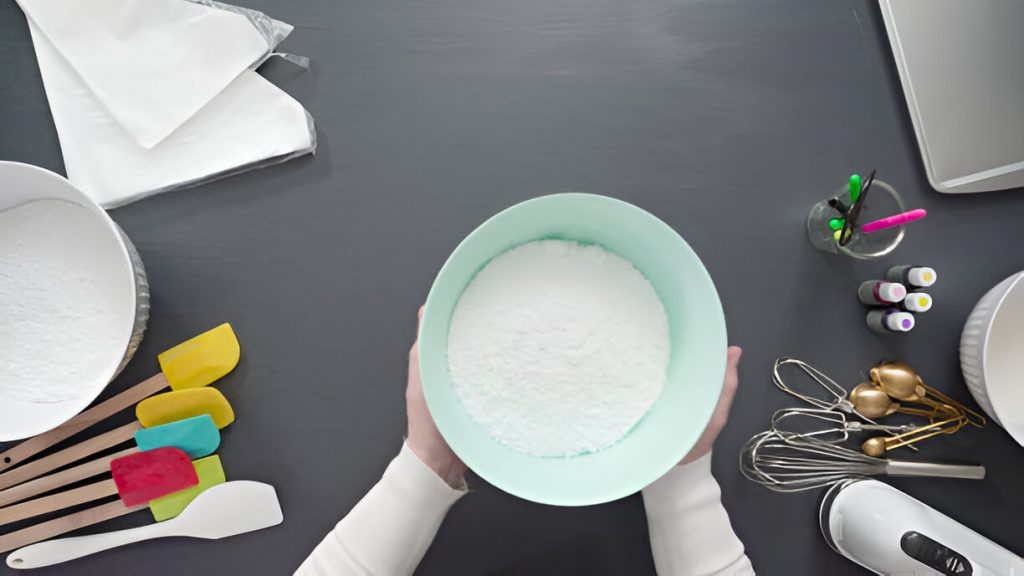For optimal coffee flavor, brew water should be around 90-96°C (194-205°F). High temperatures extract more flavors, while cooler water results in milder taste. Precision is key for achieving desired results. Monitoring water temperature ensures consistency and quality. To learn more about brewing temperatures, explore the impact on coffee flavor extraction and sensory profile.
Water Temperatures Impact on Coffee
Consistently maintaining the ideal water temperature during the coffee brewing process plays a fundamental role in extracting the desired flavors and aromas from the coffee grounds. Brewing techniques heavily rely on the temperature of the water to achieve optimal results. Temperature consistency ensures a balanced flavor profile by impacting extraction rates of organic compounds. When the water temperature is too low, the coffee may taste under-extracted and lack complexity. Conversely, excessive heat can lead to over-extraction, resulting in a bitter taste that may not align with taste preferences. Achieving the right balance is crucial for ensuring that the coffee’s flavor profile meets expectations. By paying close attention to water temperature and its impact on extraction rates, you can fine-tune your brewing process to match your taste preferences while maintaining consistency in every cup.
Brewing Temperature Guidelines
Maintaining precise brewing temperatures is essential for extracting the desired flavors and aromas from coffee grounds effectively. Temperature experimentation plays a crucial role in flavor extraction and taste optimization. Brewing precision hinges on heat management throughout the brewing process. To achieve optimal results, it is vital to experiment with different temperatures while considering factors such as room temperature, equipment material, and brewing method. Thermometers can aid in monitoring temperature variations and ensuring consistency. Preheating equipment helps maintain the desired temperature, especially considering that water tends to lose heat during brewing. By adjusting the brewing temperature based on taste preferences and keeping other brewing factors constant, you can fine-tune your coffee brewing process for maximum flavor extraction. Embracing temperature experimentation as part of your brewing routine can lead to heightened taste optimization and an enhanced coffee experience.
Quality Water for Brewing
Transitioning from brewing temperature guidelines, understanding the impact of water quality on coffee extraction efficiency is paramount for achieving optimal flavor profiles and sensory experiences. Water filtration plays a crucial role in ensuring the right balance of total dissolved solids (TDS) and a pH level around 7, which is ideal for coffee brewing. Quality water with proper pH levels prevents over-extraction from high calcium content or under-extraction from low calcium levels, aligning with taste preferences. Brew equipment maintenance is also vital to preserve water quality consistency, as fluctuations can affect the brewing process. Maintaining temperature consistency throughout the brewing process enhances the overall coffee quality. By investing in filtration systems or Reverse Osmosis Systems, you can guarantee that your water meets the necessary standards for brewing. Remember, quality water not only influences the taste but also impacts the extraction efficiency of your coffee, so pay attention to this often-overlooked aspect to elevate your coffee experience.
Pro-tips for Temperature Control
For optimal coffee brewing results, ensure precise temperature control throughout the brewing process to enhance extraction efficiency and flavor consistency.
- Temperature precision: Maintain the ideal brewing temperature range of 195-205°F (90.5 – 96.1°C) for optimal extraction without compromising flavor balance.
- Brewing consistency: Achieve consistent results by monitoring and adjusting water temperature during brewing to ensure each cup meets your desired taste profile.
- Heat management: Account for heat loss during brewing by starting with slightly hotter water than the target temperature, adjusting for the cooling effect of the coffee grounds.
- Water control: Utilize preheated equipment, thermometers, and controlled variables like room temperature and brewing method to maintain a stable water temperature, crucial for a successful brewing process.
Tools for Brewing Success
To enhance your coffee brewing experience and achieve optimal results, utilizing the right tools is essential. Temperature accuracy, brewing equipment, heat retention, water consistency, and thermometer usage play crucial roles in the success of your brew. Investing in a high-quality thermometer is fundamental to ensure you hit the ideal brewing temperature range of 90.5 – 96.1 degrees Celsius. This precision allows for proper extraction of coffee solubles, enhancing the flavor profile of your brew.
Selecting the right brewing equipment, such as a reliable coffee maker or pour-over setup, can also significantly impact the quality of your coffee. These tools aid in heat retention, ensuring that your brewing water stays within the desired temperature range throughout the brewing process. Consistency in water quality is equally important, as it affects the extraction rates of compounds like organic acids, contributing to the overall taste of your coffee.
Sensory Profile and Temperature
Moving from the tools necessary for brewing success, the discussion now shifts towards exploring the relationship between the sensory profile of coffee and the impact of temperature.
- Temperature Impact: Temperature plays a crucial role in extracting flavors from coffee grounds. Too hot or too cold water can lead to undesirable taste profiles.
- Sensory Perception: The temperature at which coffee is served affects how the flavors are perceived by your taste buds. It can enhance or diminish the overall sensory experience.
- Extraction Kinetics: Different aroma compounds and flavors in coffee extract at varying rates based on temperature. Understanding these kinetics aids in achieving the desired flavor profile.
- Aroma Compounds: Temperature influences the release of aroma compounds in coffee. The right temperature can accentuate the pleasant aromas present in your brew.
- Serving Temperature: Serving coffee at the appropriate temperature is essential for preserving its flavors and ensuring an enjoyable drinking experience. Adjusting the serving temperature can impact how the flavors are perceived.
Factors Affecting Coffee Quality
Analyzing key variables impacting coffee quality reveals significant insights into the brewing process and its sensory outcomes. Water hardness plays a crucial role, with total dissolved solids affecting the taste of the final brew. Extraction rates are influenced by factors like grind size and brew time, impacting the flavor profile. Understanding taste preferences is essential as different individuals may prefer varying levels of extraction. The material of brewing equipment can also affect coffee quality, with factors such as heat retention and neutral flavor transmission coming into play. Altitude effects on coffee beans can lead to different chemical compositions, affecting the overall taste. By considering these factors meticulously, you can enhance the quality of your coffee brewing experience and tailor it to your preferences. Experimenting with these variables while keeping temperature consistent can help you achieve the perfect cup of coffee that aligns with your desired taste profile.
Experimental Temperature Adjustments
Considering the impact of various brewing factors on coffee quality, adjusting experimental temperature settings can lead to significant improvements in your brewing experience. When delving into temperature experimentation, the flavor impact is undeniable. Here’s how you can optimize your brewing process:
- Heat adjustment and taste analysis: Explore different temperature settings to understand how they affect the taste profile of your coffee. Small changes can lead to significant differences in flavor.
- Degree variations and sensory perception: Pay close attention to how slight Celsius exploration can alter your brewing results. Even minor adjustments can enhance the sensory experience of your coffee.
- Hot water and brewing effects: The temperature of your water plays a crucial role in the brewing process. Experimenting with hotter or cooler water can yield varying brewing effects, ultimately impacting the overall taste of your coffee.
- Data-driven brewing results: Document your findings meticulously. Keep track of the temperatures used and the corresponding sensory outcomes. This data-driven approach will guide you towards the perfect brewing temperature for your preferred coffee flavor.




